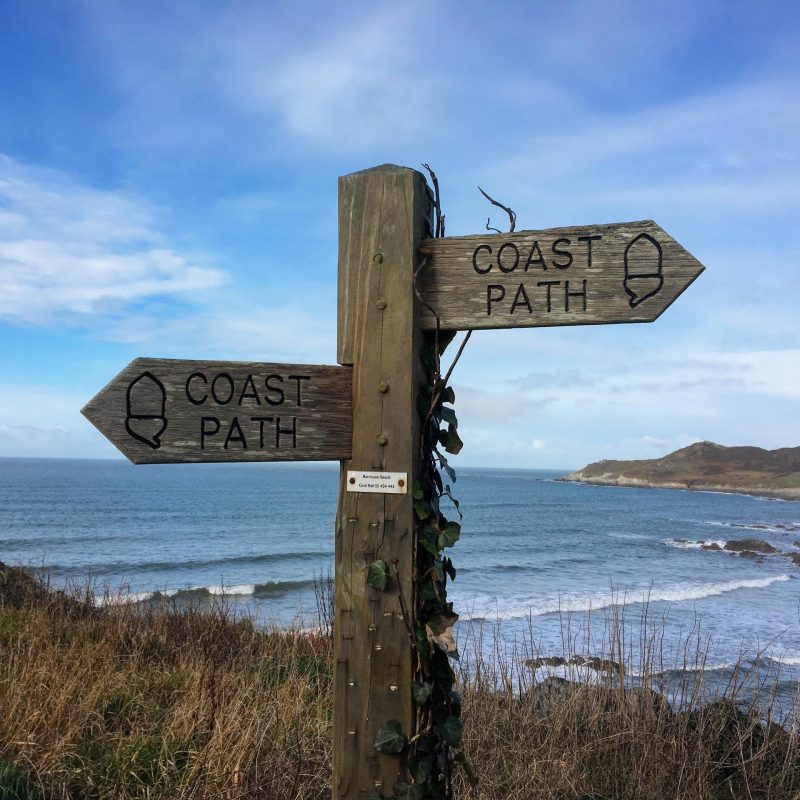That’s a good question for a Monday morning isn’t it? How exactly do you know if you’ve made the right decision about something?
Well, maybe you don’t.
But maybe that’s okay.
I went and spent the night at the seaside last week, because I fancied a paddle. I did actually paddle too, even though it was really bloody freezing. I did a ten minute Twitter poll and surprise surprise, 95% of people were in favour of the February paddle. I feel a bit sad really for the 5% who said no because seriously, how can you go to the beach and not want to take your tights off and get your feet wet?
You made this happen Twitter. Cold is not really the word. You can’t go to the seaside and not have a paddle though. That WOULD be crazy. pic.twitter.com/pGw3i3ZDCD
— Slummy Single Mummy (@mummyblogger) February 16, 2017
Making a decision isn’t always as easy though as conducting a Twitter poll, although we can take the paddling as a simple example of how you don’t always need to worry about whether you’ve made the right decision.
Twitter decided I should go for a paddle, so I did. It was fun – I felt like I was doing something exciting and exhilarating. I felt like I’d made the most of going to the beach. Let’s say though that I had decided not to paddle – I would have avoided having freezing cold feet and tiny bits of sand and stones in my boots for the rest of the day, which would have also been nice.
So this is my first point – it doesn’t normally matter what you decide, because in most cases there is no right or wrong answer.
I took this photo while I was at the beach to illustrate my point:

